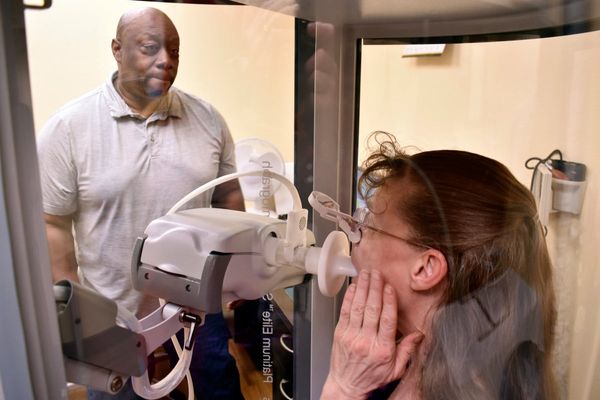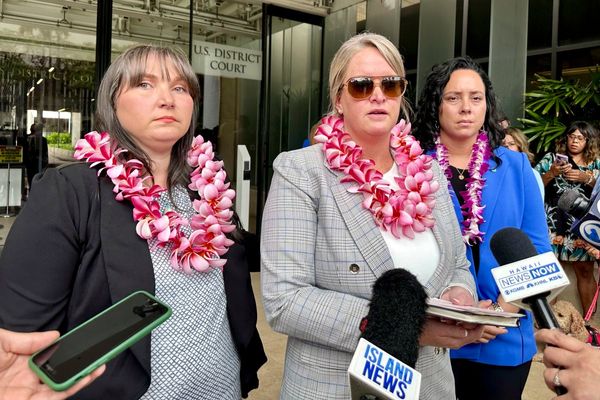
This is part one in a series. For the full series, go here.
There is much about the AUKUS deal that is surprising — if not shocking.
There is the astronomical cost of $368 billion, double the most extravagant guesstimates made by experts before Prime Minister Anthony Albanese’s announcement in San Diego earlier this month.
There are the hurried circumstances in the run-up to the federal election — all done within 24 hours — in which the ALP opposition committed itself to the deal proposed by then prime minister Scott Morrison.
And there is the extreme secrecy that has surrounded AUKUS from its inception, with Morrison having orchestrated events on a need-to-know basis, only ever consulting those who had a direct interest in expanding Australia’s defence budget.
The AUKUS arrangement emerged from the final desperate days of one of Australia’s worst governments. It was led by a prime minister who had a habit of fudging reality and who secretly sought to accumulate the powers of five of his ministerial colleagues, without having a coherent rationale.
At the same time, there has not been nearly enough scepticism about the AUKUS deal from Australia’s major media players. Some have even been offended that former prime minister Paul Keating would raise serious questions, focusing more on the manner than the substance of what he said.
For these reasons, Crikey will be introducing a bit of sunlight — the best disinfectant — into the fetid corners of the AUKUS machine.
You don’t have to be a China stooge to question AUKUS, yet that is how much of the public debate has been conducted so far.
To begin our coverage, this week we report on the activities of two of the biggest political names from the Coalition’s decade in office. They are former treasurer Joe Hockey and former defence minister (and before that minister for defence industry) Christopher Pyne.
The two have one thing in common: they both leapt from public office directly into the lucrative world of defence industry and investment. In Hockey’s case, he ceased his role as Australia’s ambassador to the US on January 30 2020. ASIC records show that his consultancy, Bondi Partners (which relies on Washington contacts), was registered on January 29 2020.
In Pyne’s case, he ceased as defence minister and retired from federal Parliament in April 2019. Within a month, the Pyne & Partners business name was registered. The record shows that predecessor entities had been set up by a former Pyne staffer before Pyne retired. These moves are separate from Pyne’s work with consulting firm EY, which he began within weeks of leaving Parliament. Pyne’s work with EY, where the former defence minister advised on defence matters, led to a Senate inquiry into whether or not he had breached ministerial standards.
Pyne and Hockey aren’t the first from the political class to turn to the defence industries after leaving office. The political revolving door is well known.
Brendan Nelson took a senior job with Boeing Australia after leaving the Australian War Memorial, where he had allowed defence manufacturers to be sponsors. Former SA senator Robert Hill chairs the Dragoman group, which represents defence interests.
Others have had cameo roles on the boards of defence manufacturers. Labor politicians have had less scope to move from government to the defence industry, but they have taken their chances. Kim Beazley was on the board of Lockheed Martin. Stephen Smith, now Australia’s high commissioner, moved eventually into the world of cybersecurity. Former MP David Feeney, who was briefly opposition assistant minister for defence, sits on the advisory board of the rapidly expanding armament and munitions company NIOA. NIOA’s board is chaired by Pyne.
As we report, Pyne and Hockey have both made the maximum use of their government contacts.
Crikey is actively seeking information and tip-offs in order to open up the little-scrutinised defence sector. Please send what you have to dhardaker@protonmail.com, which is an encrypted email service. Your information will be handled confidentially.







